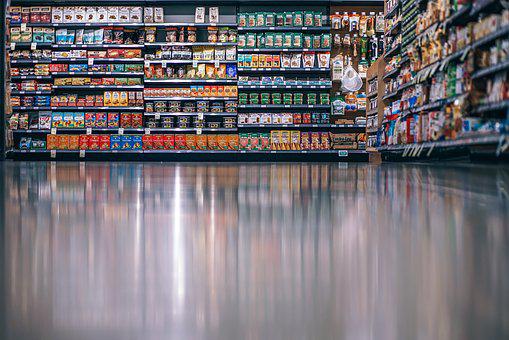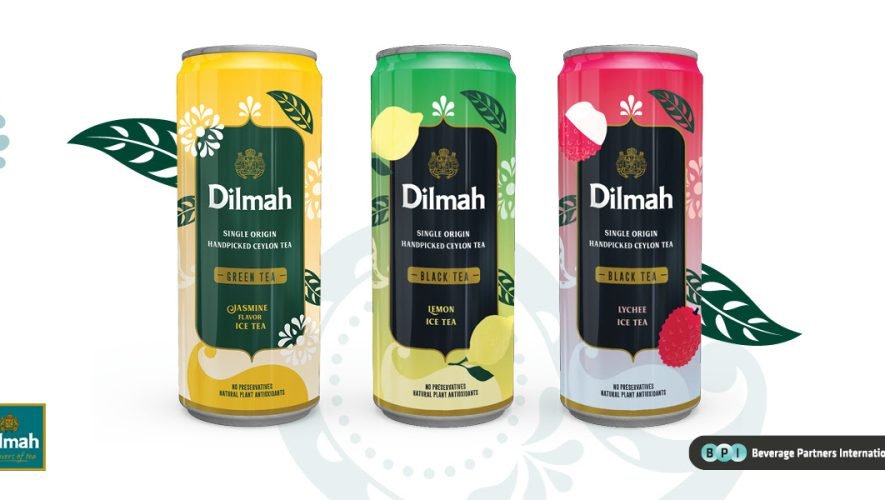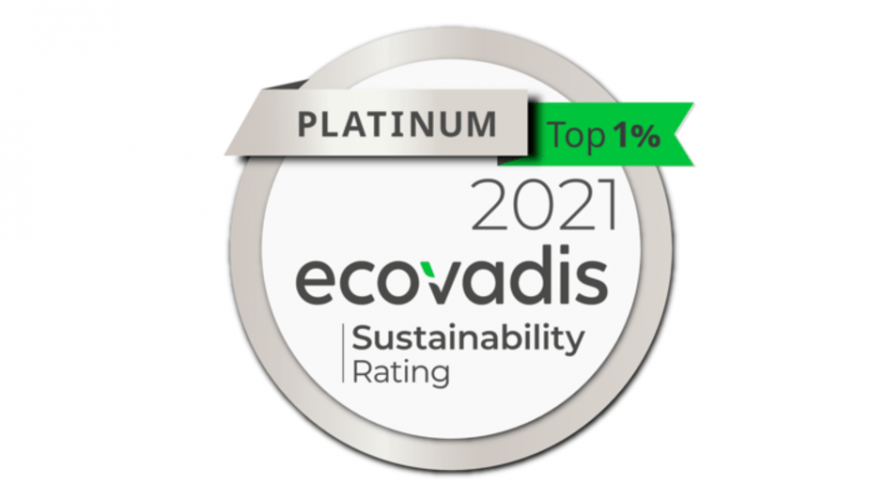Living in the Bioeconomy is the title of the two-day conference Sweden is organizing
during the Presidency of EU. Today, Billerud’s President and CEO Christoph Michalski
spoke about the role of fibre-based packaging in the needed green transition. The
conclusion is that material and design of package matters.
The bioeconomy is an important part of the circular economy. Fiber-based packaging is
recycled, and the fiber is reused again and again until the quality of the fiber has become so
low that it no longer can be used. Then it returns to carbon dioxide and the natural carbon
cycle is closed. This contrasts the fossil economy. Billerud replaces fossil-based materials with
renewable and recyclable materials. Recycled content contributes to the sustainability of
paper-based packaging and to a more sustainable, circular economy.
“I would also like to stress the importance of food safety. Protecting food and reducing food
waste have a greater impact than the actual climate impact of producing the package”, says
Christoph Michalski.
“We focus on the areas where you receive the most climate effects. LCA, Life Cycle
Assessment, shows that fiber based packaging often has an advantage compared to other
materials like glass and plastics. It is explained by a significantly higher packaging and
transport efficiency. And if you look at beverage cartoons for example, they are made mainly
from renewable resources, reducing the strain of fossil resources”.



